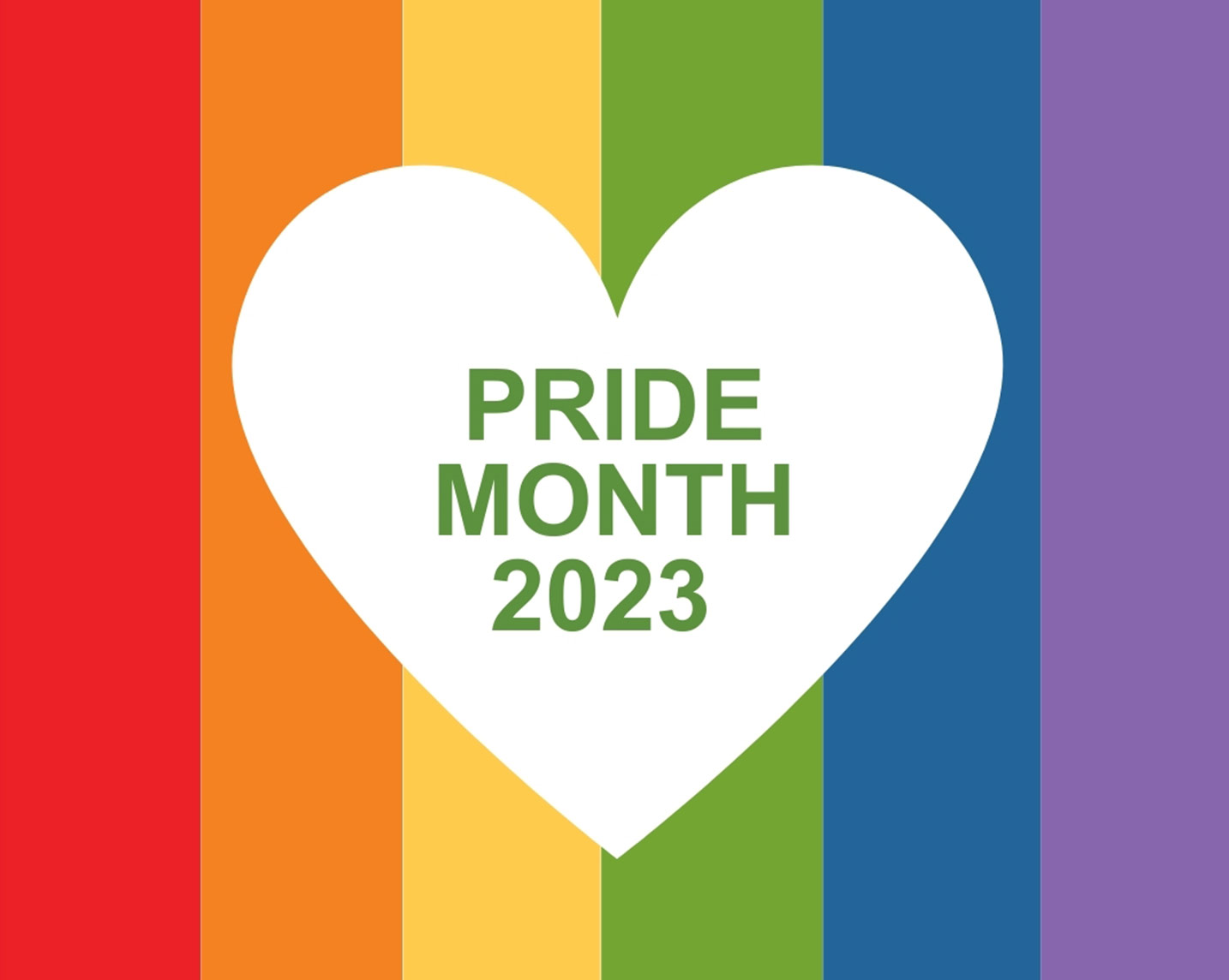Celebrating Pride, Building Community and Resilience

As members of the Children, Youth and Teens program, we’re proud to be part of the groundbreaking work Futures Without Violence has done for decades to prevent violence, create healthy families and communities, and facilitate healing for many of us who have been deeply impacted by violence.
This month, as we celebrate Pride, we’re also proud that our work includes partnering with and supporting LGBTQIA+ communities.
In the Children’s Program, we work to stop violence affecting children and youth and build conditions and experiences for them to thrive. This includes working with professionals to help them support LGBTQIA+ young people to feel safe, seen and loved, and to know that safety and love are possible for them in all kinds of relationships – with peers, community, romantic partners, and themselves
This work is both an imperative and a personal commitment for both of us.
Lonna, a queer mother raising two queer children, one Black and one white, has felt joy and heartache as she watched her kids grow, noticing how they see themselves in a world that treats them differently because of their race and their queer+ identities.
Lonna knows firsthand how important it is for kids to have role models in school, in their communities, and in the stories they read and hear that represent them in the fullness of their intersectional identities. Otherwise, the lack of visible, relatable examples force our kids to wonder if there is something wrong with them, if they are alone. And it creates distinct barriers to seeking help when they need it.
In the Children’s Program at FUTURES, we use the acronym ACE to remind those of us who work with LGBTQIA+ youth about some fundamentals to creating inclusive, welcoming environments. It includes:
- Affirming queer and trans youth with all their intersecting identities;
- Connecting with them and making them feel seen, helping them access other connections, and pushing for LGBTQIA+ representation – all to help break isolation, support resilience, build community and safety, and inspire joy; and
- Empowering them by lifting their stories and voices, providing gender- and sexuality-affirming care, and building better learning spaces. This will help grow and sustain their resilience.
For DJ, the ACE framework resonates because of how isolated they felt as a young, Black and queer person. As a teenager, they weren’t seeing other Black, queer people in their communities or represented in books or on TV. So they wrote a letter to their family, explaining these intersecting identities, afraid that they were alone. They never shared the letter, but it was a marker of the resilience that would help them connect with other Black, queer people on their journey –people who are proud of their voices and openly share their stories.
Feeling safe. Belonging to a community. Having your stories told. It’s critical for all young people, especially LGBTQIA+ youth of color.
These days, our work is harder than it should be due to the anti-LGBTQIA political backlash that makes celebrating Pride this year feel more important than ever. And even without the politicization of our very lives, the lack of public models of healthy queer relationships is already a challenge for those of us working to help young people grow up with nurturing and caring relationships. If you only see examples of healthy relationships in a community you’re not a part of, it’s hard to create those relationships for yourself.
But we can ALL work to change that, to create conditions and experiences that help all young people feel affirmed, connected and empowered. Try on the ACE framework in your daily practice to center the needs of young LGBTQIA+ people.
With support from many extraordinary partners, FUTURES has created resources to help professionals who work with young LGBTQIA+ people, including safety cards, posters, tips to make health settings LGBTQIA+ inclusive, and more. You can see them here.
We encourage you, also, to check out the work of some amazing organizations, including:
- interACT Advocates for Intersex Youth;
- the Trevor Project and its Intersex Youth Mental Health Report;
- the Youth Acceptance Project; and
- GLSEN and its 2021 School Climate Survey.
We also recommend the book, Gender Euphoria: Stories of Joy from Trans, Non-binary and Intersex Writers and the It Gets Better project’s LGBTQ+ Glossary. These resources can help you interrupt the isolation and fear many young people in your community might be feeling right now.
Our stories are our power, and we invite you to reflect on how your own experiences inform and affect how you show up in your communities.
June – Pride Month – will end this weekend but our commitment to showing up for the young LGBTQIA+ people in our communities will continue. We hope yours will too.
Lonna Davis is a White queer mother and Vice President for Children and Youth Programs at FUTURES. DJ Peay is a Black, trans person and serves as the Communication and Administrative Specialist in the same program.




